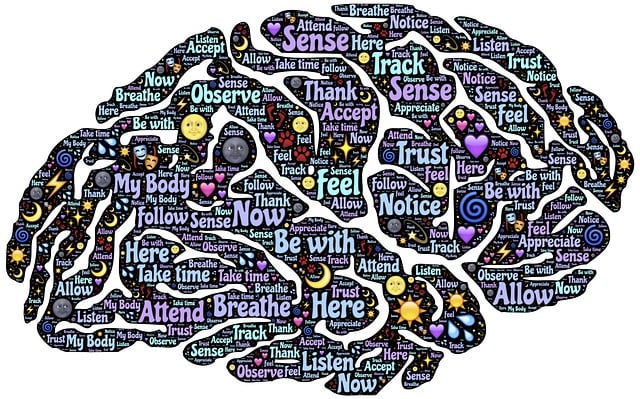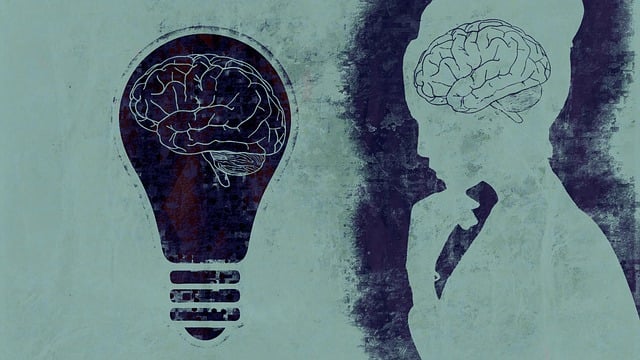Lakewood Family Counseling Therapy offers evidence-based, personalized therapy sessions in a safe space to help families navigate complex dynamics and improve relationships. They lead community initiatives like Outreach Programs and offer exercises like Mental Wellness Journaling and mindfulness to reduce stigma around mental illness. Their holistic approach promotes emotional well-being, self-care, and resilience, fostering an inclusive environment that prioritizes mental health alongside physical health for a positive community impact.
Mental illness stigma is a pervasive barrier to seeking help, with significant implications for individuals’ well-being. This article delves into the multifaceted issue of mental health stigma and explores strategies to reduce it in community settings. We examine the critical role played by organizations like Lakewood Family Counseling Therapy in fostering understanding and acceptance, ultimately aiming to create a more supportive environment for those facing mental health challenges.
- Understanding Stigma and Its Impact on Mental Health
- Strategies for Reducing Stigma in Community Settings
- The Role of Lakewood Family Counseling Therapy in Stigma Reduction
Understanding Stigma and Its Impact on Mental Health

Strategies for Reducing Stigma in Community Settings

Reducing stigma around mental illness is a multifaceted approach that requires collaboration within community settings. One effective strategy involves implementing Community Outreach Program Implementation led by organizations like Lakewood Family Counseling Therapy. These programs can educate residents, dispel myths, and foster empathy through workshops, informational sessions, and one-on-one support. Encouraging open conversations about mental health is key to breaking down barriers and normalizing discussions.
Additionally, Mental Wellness Journaling Exercise Guidance can empower individuals to track their emotional well-being and share their experiences securely within supportive communities. This practice not only promotes self-awareness but also helps to normalize the idea that emotions are valid and deserve attention. Emotional Well-being Promotion Techniques, such as mindfulness exercises or community art projects, can further contribute to a more inclusive environment where everyone feels seen and supported in cultivating resilience and mental clarity.
The Role of Lakewood Family Counseling Therapy in Stigma Reduction

Lakewood Family Counseling Therapy plays a pivotal role in the ongoing efforts to reduce the stigma surrounding mental illness. By providing a safe, non-judgmental space, they foster open conversations about mental health challenges, aiming to educate and dispel myths prevalent in society. Through personalized therapy sessions, counselors assist individuals and families in understanding that mental wellness is just as crucial as physical health. They offer evidence-based practices, such as cognitive-behavioral therapy, which not only helps clients manage symptoms but also equips them with effective stress reduction methods.
The center’s holistic approach extends to encouraging self-care routine development for better mental health. This includes teaching coping strategies tailored to individual needs, promoting self-awareness, and building resilience against societal pressures that may contribute to the stigma. By engaging in these initiatives, Lakewood Family Counseling Therapy contributes significantly to creating a more supportive environment where people can seek help without fear of embarrassment or discrimination, thereby fostering a positive impact on mental health awareness and accessibility.
Mental illness stigma, a significant barrier to seeking help, can be reduced through understanding its far-reaching impact and implementing effective strategies. Community efforts, such as those facilitated by organizations like Lakewood Family Counseling Therapy, play a crucial role in fostering empathy and dispelling misconceptions. By integrating these initiatives into our collective consciousness, we can create a more supportive environment where individuals with mental health challenges are empowered to heal and thrive.










